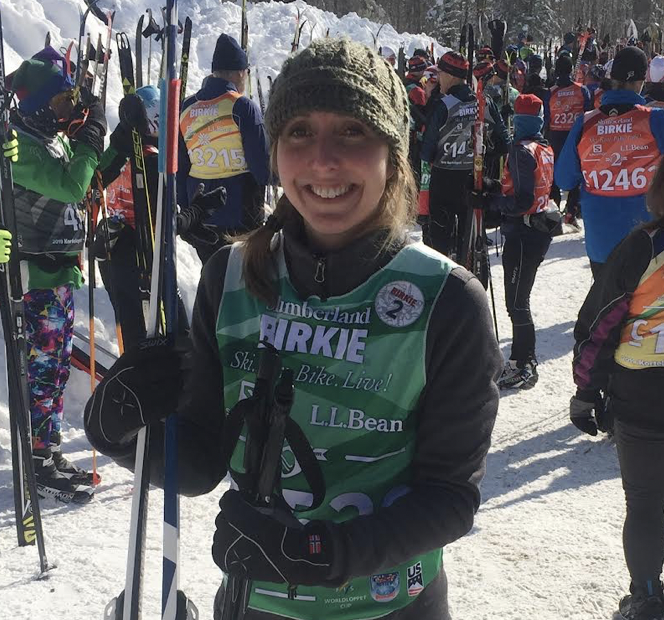
After the failed Letrozole trial, my OBGYN ordered a CT scan due to the ultrasound findings. My first CT scan was on Dec. 1st, 2020. The next day (my 37th birthday!), I received a call from my doctor informing me that I likely had late stage ovarian cancer. I was a healthy, active, 37 year old vegetarian, without any previous medical issues aside from infertility. I was shocked to say the least! As far as symptoms go, I had felt slightly more bloated than usual, somewhat tired, and vaguely off for about a year or so. I had attributed a lot of these symptoms to stress due to the pandemic, the murder of George Floyd in Minneapolis where I live, the tumultuous election, etc.
The month of December 2020 was a blur of medical appointments, scans, and procedures. We were overwhelmed by the love and support we received from our family and friends during this time. After my initial misdiagnosis of stage 3 ovarian cancer, I was correctly diagnosed, after a biopsy, with low-grade neoplasm mucinous appendix cancer (LAMN). I had never heard of this rare cancer in an organ that has absolutely no purpose. I had Cytoreductive Surgery (CRS) on December 31, 2020 (what a way to ring in the New Year!). During my 10-hour surgery, my three rockstar female surgeons removed my appendix, gallbladder, spleen, omentum, fallopian tubes, ovaries, uterus, cervix, parts of my colon, small intestine, and stomach. They also soaked my insides with a hot chemo cocktail for 90 minutes (also known as Heated Intraperitoneal Chemotherapy (HIPEC)). Going into that surgery (commonly referred to as the Mother of All Surgeries (MOAS)) with very little information on how extensive the cancer was and what organs were going to be removed was honestly pretty terrifying, but I just kept thinking one step at a time.
I was officially diagnosed with stage 4a low-grade appendix cancer and my surgeons were confident that they removed all the cancer, which was excellent news! I was in the hospital for about a month, lost thirty pounds, and had to rely on Total Parenteral Nutrition (TPN) to supplement my nutrition for about six weeks. About six weeks after surgery, I started acupuncture and physical therapy, which really helped with my recovery. The physical recovery was difficult, but I was not prepared for the emotional and mental toll of cancer. Thankfully, I have had the privilege of seeing a therapist since my diagnosis, which has been such a tremendous help. I really believe therapy should be a routine part of treatment for any person and care-giver dealing with a life-threatening illness.
Cross-country skiing and training for ski races (and probably a little too much red wine!) was something that helped me feel like myself during the years of dealing with infertility, and skiing still helps me feel grounded and confident. I started working out again during the Summer of 2021 and just completed my first 24 km cross-country ski race with my sister in February of 2022. My goal is to ski the 55 km Birkebeiner in 2023! I’m excited to be serving on the ACPMP Patient Advisory Council.
